In an era where sustainability and environmental consciousness are more important than ever, the shift towards organic farming practices has gained significant momentum. One of the cornerstones of this movement is the use of Agriculture Organic Fertilizer, which transforms kitchen scraps and other organic waste into nutrient-rich fertilizers that promote healthy crop growth. This article explores the journey of agriculture organic fertilizers, from kitchen scraps to the fields, highlighting their benefits and the processes involved in their production.
The Importance of Organic Fertilizers in Agriculture
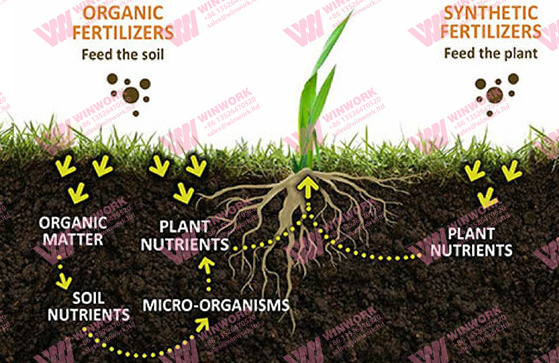
Organic fertilizers play a vital role in modern agriculture by providing essential nutrients that enhance soil health and support plant growth. Unlike synthetic fertilizers, which often lead to soil degradation and water pollution, organic fertilizers improve soil structure, promote biodiversity, and encourage sustainable farming practices.
The use of Agriculture Organic Fertilizer helps to replenish soil nutrients that are naturally lost through crop harvesting, leading to improved soil fertility over time. This is crucial for maintaining high crop yields and ensuring food security as the global population continues to rise.
The Journey Begins: Collecting Kitchen Scraps

The journey of organic fertilizer production starts at home, where kitchen scraps are collected. These scraps can include fruit and vegetable peels, coffee grounds, eggshells, and other organic waste. Rather than sending these items to landfills, where they contribute to greenhouse gas emissions, they can be repurposed into valuable fertilizers.
Households can set up simple composting systems to collect these scraps, or they can participate in community composting programs. By diverting organic waste from landfills, individuals and communities contribute to a more sustainable food system while creating a resource that can benefit local agriculture.
Composting: The Transformation Process
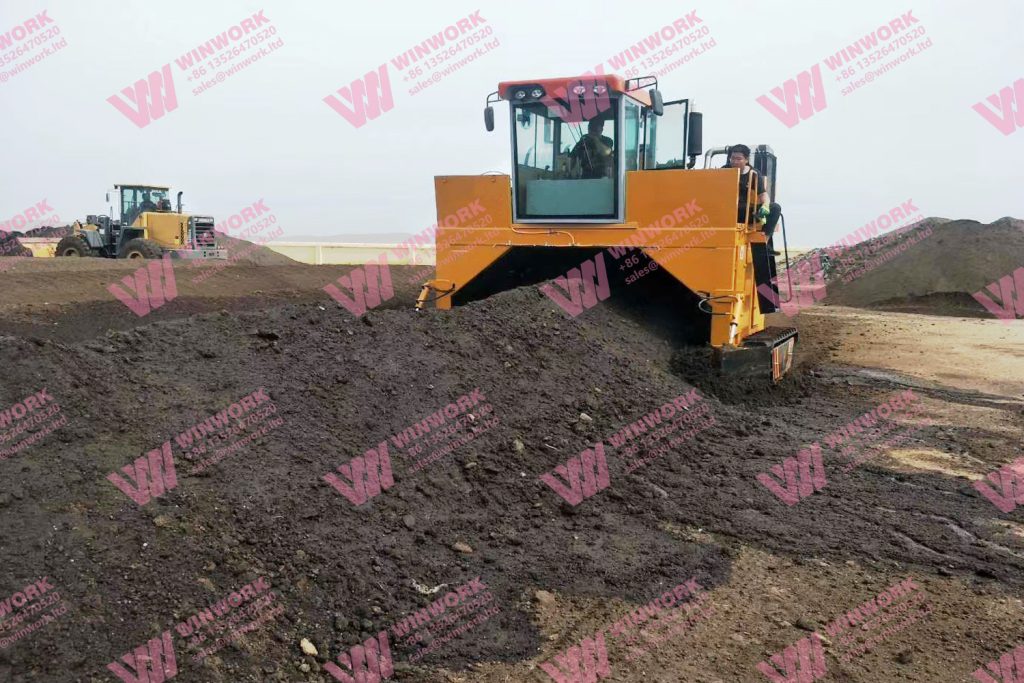
Compost Turner Working Site
Once collected, kitchen scraps undergo a transformation through the composting process. Composting is the natural decomposition of organic matter, facilitated by microorganisms such as bacteria, fungi, and earthworms. This process converts the scraps into nutrient-rich compost that can be used as an Agriculture Organic Fertilizer.
a. Aerobic vs. Anaerobic Composting
There are two primary methods of composting: aerobic and anaerobic.
- Aerobic Composting: This method requires oxygen and involves turning the compost pile regularly to promote airflow. It produces high-quality compost more quickly, typically within a few weeks to a few months.
- Anaerobic Composting: This method occurs in the absence of oxygen and can take longer, often resulting in a more pungent odor. While it may require less maintenance, aerobic composting is generally preferred for producing high-quality organic fertilizers.
b. Composting Techniques
Different techniques can be employed for composting kitchen scraps, including:
- Bokashi Method: A fermentation process that uses beneficial microorganisms to break down organic waste, producing compost in just a few weeks.
- Vermicomposting: Utilizing earthworms to accelerate the decomposition of organic matter, resulting in nutrient-rich worm castings that serve as excellent fertilizers.
- Traditional Pile or Bin Composting: Creating a compost pile or using a compost bin to facilitate natural decomposition over time.
Nutrient-Rich Agriculture Organic Fertilizer
The result of the composting process is a dark, crumbly substance known as compost. This Agriculture Organic Fertilizer is rich in essential nutrients such as nitrogen, phosphorus, and potassium, along with micronutrients that support plant health.
a. Benefits of Using Organic Fertilizers
Using organic fertilizers provides several advantages for farmers and gardeners:
- Soil Enrichment: Organic fertilizers improve soil structure and enhance its ability to retain moisture and nutrients. They also promote the growth of beneficial microorganisms that contribute to soil health.
- Reduced Chemical Dependency: By utilizing organic fertilizers, farmers can reduce their reliance on synthetic fertilizers, which often lead to soil degradation and environmental pollution.
- Sustainable Practices: Organic fertilizers support sustainable farming practices, contributing to a healthier ecosystem and promoting biodiversity.
- Enhanced Crop Quality: Crops grown with organic fertilizers tend to be more nutritious and flavorful, appealing to health-conscious consumers.
Application of Agriculture Organic Fertilizers
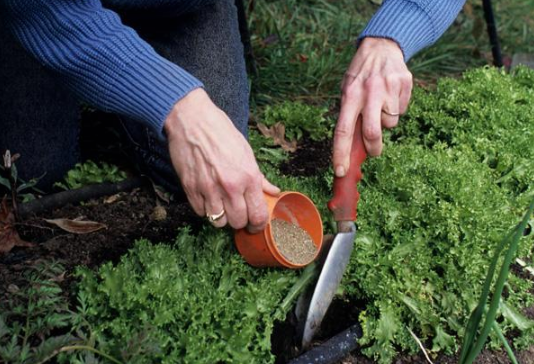
Once the compost is ready, it can be applied to fields or gardens in various ways. Here are some common application methods:
- Top Dressing: Spreading compost on the soil surface around plants to provide nutrients gradually.
- Soil Amendment: Incorporating compost into the soil before planting to enhance fertility and structure.
- Liquid Fertilizer: Compost tea, made by steeping compost in water, can be used as a liquid fertilizer for foliar application or soil drenching.
The Role of Technology in Organic Fertilizer Production
As the demand for Agriculture Organic Fertilizer grows, technology plays an increasingly important role in optimizing production. Innovations such as automated composting systems, temperature and moisture monitoring, and advanced blending techniques allow for greater efficiency and consistency in fertilizer production.
Additionally, data analytics can help farmers assess soil health and nutrient needs, enabling them to apply organic fertilizers more effectively. This data-driven approach supports sustainable farming practices and enhances productivity.
Conclusion
The journey of turning kitchen scraps into Agriculture Organic Fertilizer is a testament to the power of sustainability and resourcefulness. By embracing organic fertilizer production, individuals and communities can transform waste into valuable resources that enrich the soil and support healthy crops.
As the world faces increasing challenges related to food security and environmental sustainability, the role of organic fertilizers will only become more critical. By investing in organic fertilizer production and utilizing innovative technologies, we can create a more resilient agricultural system that benefits both farmers and the planet.


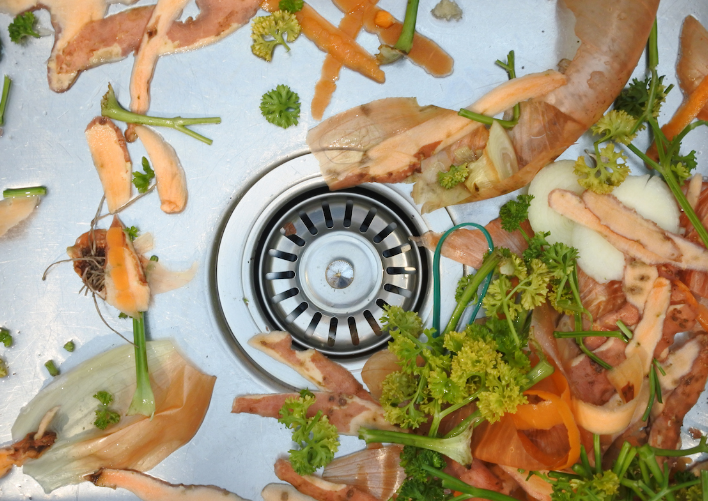

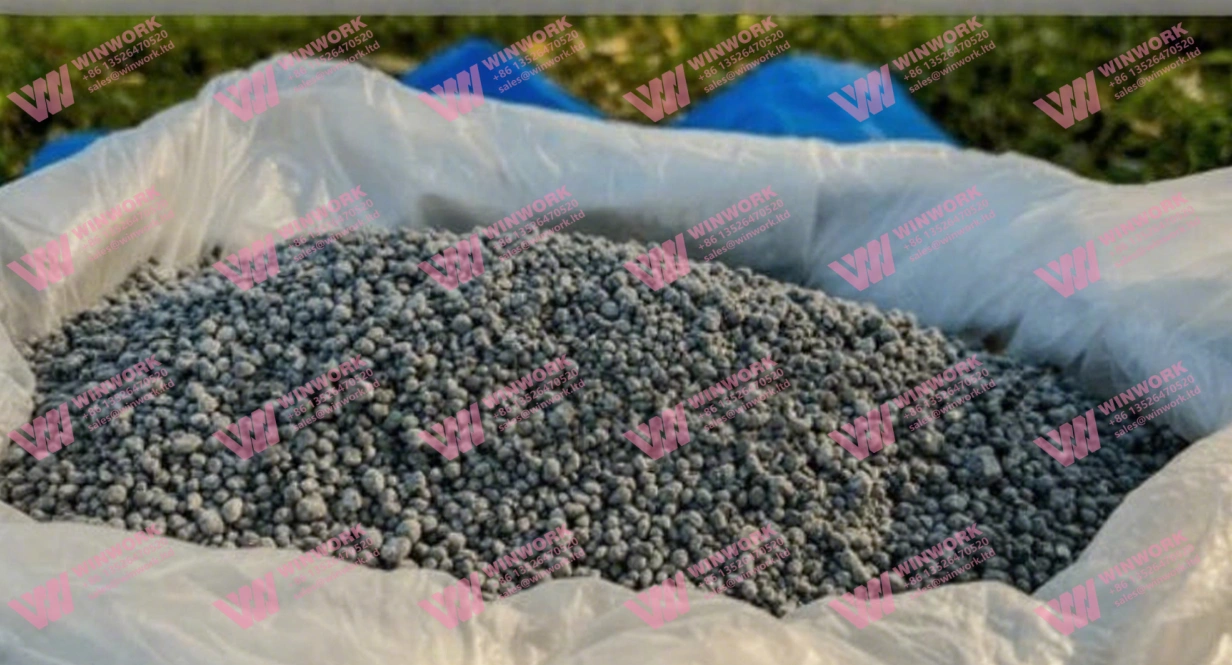
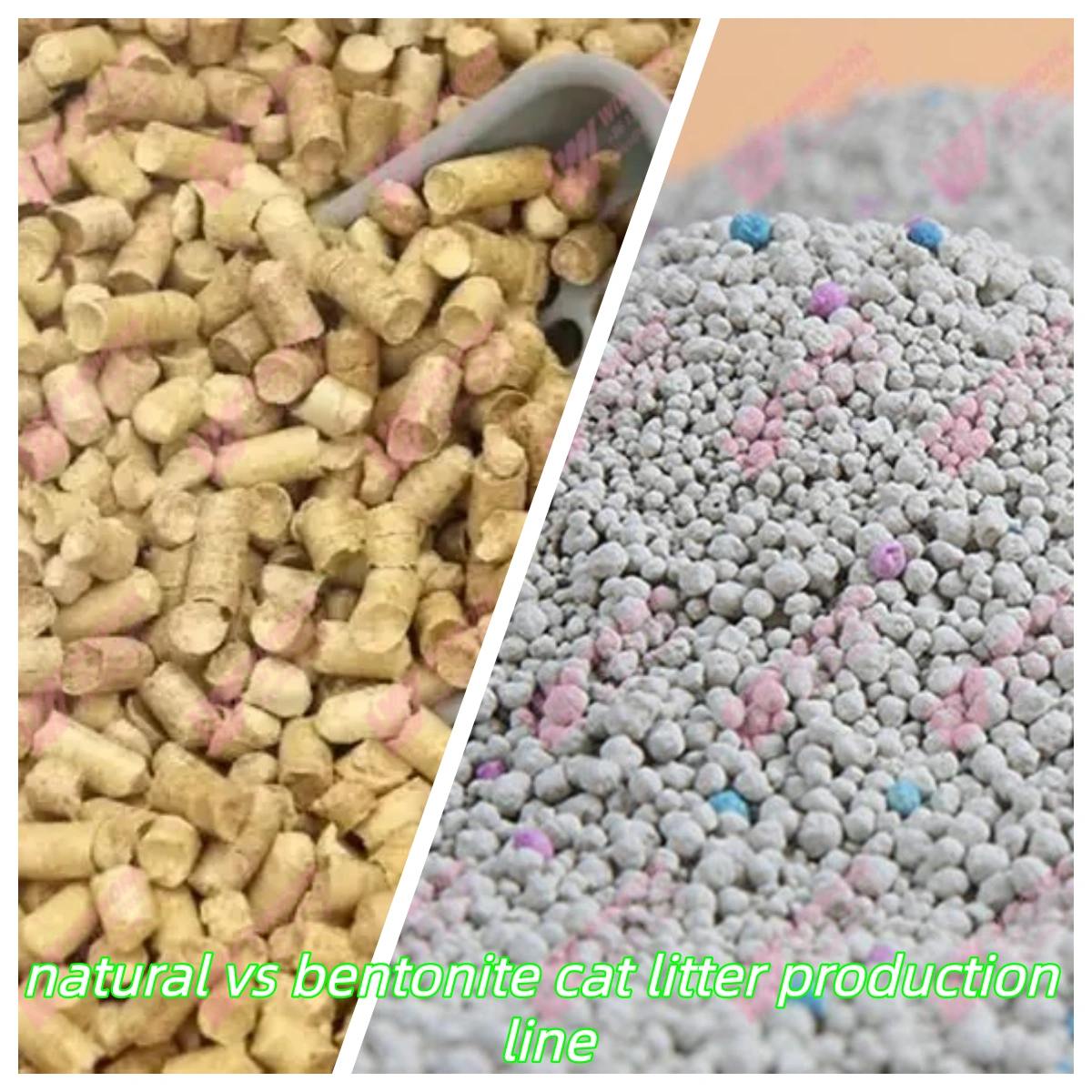
Get A Quote